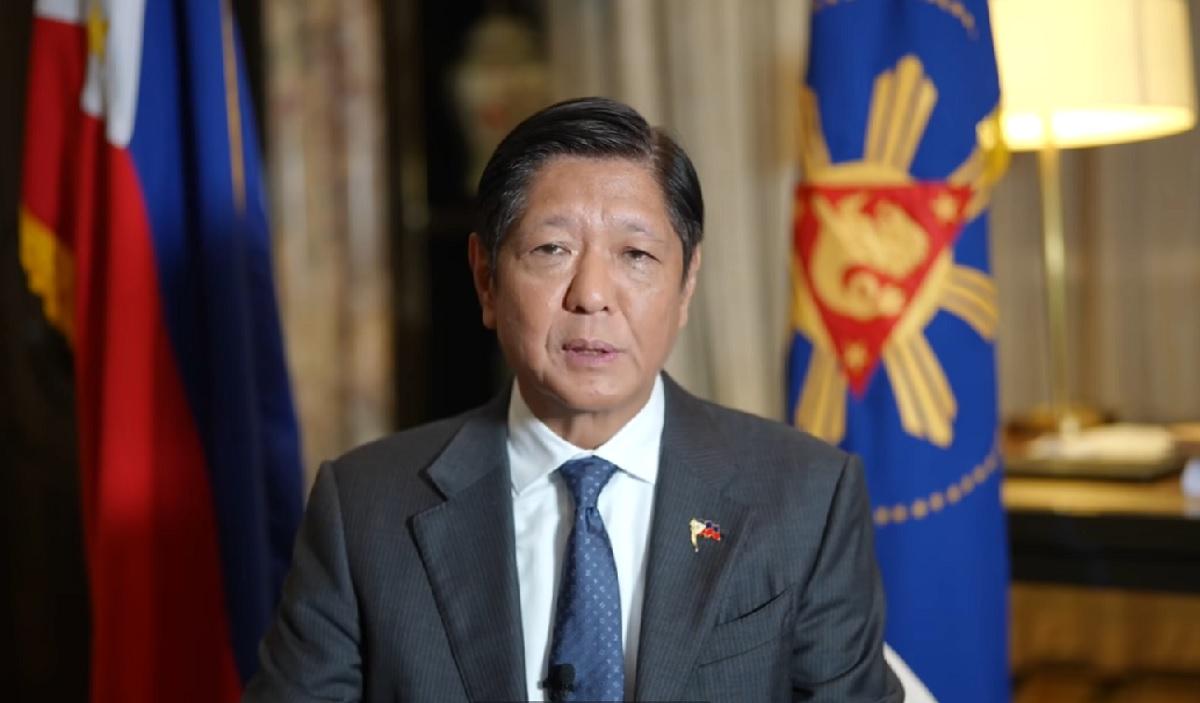Philippines President Marcos Announces Ban on POGOS

The president of the Philippines, Ferdinand Marcos Jr., announced this Monday that Philippine Offshore Gaming Operators (POGOS) will be shut down completely. This statement comes after allegations that the industry was connected to organized crime.
While addressing the public, Marcos stated that these platforms disguised themselves as “legitimate entities” but have ventured into illegal activities that differ from casino gaming. Such activities included anything from financial scams and money laundering to human trafficking, prostitution, and even murder.
Marcos also stated that the fact that these illicit gambling operators were still operating was “abuse and disrespect” to Filipino laws. That’s why he took the initiative to put a stop to POGOS. Lawmakers have generally saluted his speech, and some even gave him a standing ovation.
The changes were effective immediately, per the president’s statement. Still, Marcos gave the country’s gambling regulator until the end of this year to shut down all operators involved in illegal activities.
Not Clear What Operators Are Affected?
The term POGO is used to describe gambling operators based in the Philippines but offering their services to players from other countries. A majority of these operators cater their services to Chinese gamblers.
Gambling in China is forbidden, except in Macau.
Reports state that these operations employ as many as 25,000 Philippine residents and many more Chinese people. Some experts believe that this crackdown is related to the diplomatic tensions between Beijing and Manila over their claims in the South China Sea.
PAGCOR estimates that around 40 offshore operators hold valid licenses, and dozens more work illegally (don’t own a license). They started gaining traction in 2016 when Rodrigo Duterte, the former president of the Philippines and predecessor to Marcos, established relatively friendly relations with China.
Since then, the Philippines has become a major gambling hub for Chinese players. Illicit operators started rising especially quickly during the pandemic.
Alejandro Tengco, the chairman of PAGCOR, stated that the regulator was ready to begin its work and shut down all POGO operations by the end of the year.
Winston Casio, a spokesperson for the Presidential Anti-Organized Crime Commission, commented on the decision. He stated that if everyone was ready to “get their heads together, get their acts together,” then the time given to shut down POGOs was more than enough.
Casio even stated that he was confident that many of these operators would “voluntarily leave the country.”
Pressure for the Move From Beijing
Interestingly enough, Chinese agencies support the pressure to crack down on POGOs. The Chinese government believes that by working together, both parties can bolster collaboration and efficiency.
Only one month earlier, the Chinese authorities revealed they helped the authorities in the Philippines to close five offshore gambling operations. Moreover, they also assisted in the repatriation of almost 1,000 Chinese residents in the course of the past twelve months.
Back in April, the Chinese embassy in the Philippines issued its support for the shutdown of illegal operations targeting Chinese people. The embassy doubled down by saying that all forms of gambling in mainland China are illegal, and that’s why it will support efforts to crack down on casino sites related to unlawful activities.
China hopes to protect its national interests by supporting the operations, while the Philippines seeks to restore law and order. Regarding the collaboration between the two countries, Marcos stated that although it was a hard path to walk, the joint work would “solve many of the problems” the parties had been encountering.
- Other news categories:
- SlotsUp's news





